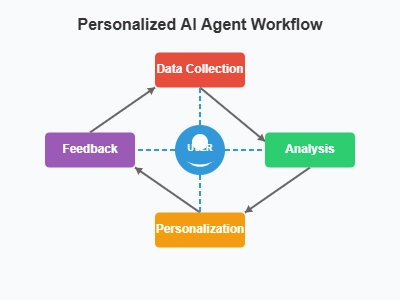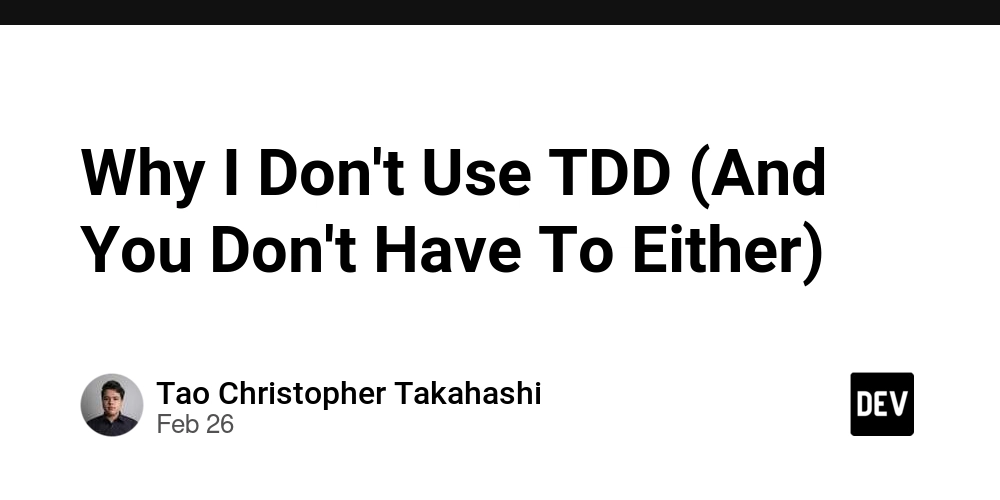# Coin Change - Greedy Approach
# Description: Determines the fewest coins needed to make up a given amount using a greedy algorithm.
def coin_change(coins, amount):
"""
Solve the coin change problem using a greedy algorithm.
Determines the minimum number of coins needed to make up a specified amount
by selecting the largest possible coins first.
Args:
coins (list of int): Available coin denominations.
amount (int): Target monetary amount to make change for.
Returns:
list or str: Coins used to make the amount, or "Not possible" if no solution.
Key Characteristics:
- Prioritizes larger coin denominations
- Minimizes total number of coins used
- Works perfectly for some coin systems (e.g., US coins)
- May fail for certain coin denomination sets
Time Complexity: O(n log n), where n is the number of coin denominations
Space Complexity: O(amount)
Note: Greedy approach is not guaranteed to work for all possible coin sets.
"""
# Validate input
if amount < 0:
return "Not possible"
# Handle zero amount
if amount == 0:
return []
# Sort coins in descending order to prioritize larger denominations
sorted_coins = sorted(coins, reverse=True)
# Coin selection process
result = []
remaining = amount
# Iterate through coin denominations
for coin in sorted_coins:
# Use the largest possible coins first
while remaining >= coin:
result.append(coin)
remaining -= coin
# Early exit if exact amount is reached
if remaining == 0:
return result
# Check if a complete solution was found
return result if remaining == 0 else "Not possible"
def coin_change_dynamic_programming(coins, amount):
"""
Solve the coin change problem using dynamic programming.
A more robust approach that guarantees finding the minimum number of coins
for any valid set of coin denominations.
Args:
coins (list of int): Available coin denominations.
amount (int): Target monetary amount to make change for.
Returns:
list or str: Minimum number of coins used, or "Not possible" if no solution.
Key Characteristics:
- Guaranteed to find the optimal solution
- Works for all coin denomination sets
- More computationally expensive than greedy approach
Time Complexity: O(amount * len(coins))
Space Complexity: O(amount)
"""
# Validate input
if amount < 0:
return "Not possible"
# Handle zero amount
if amount == 0:
return []
# Dynamic programming table
# dp[i] will store the minimum number of coins for amount i
dp = [float('inf')] * (amount + 1)
dp[0] = 0
# Track the coins used for each amount
coin_used = [[] for _ in range(amount + 1)]
# Build solution bottom-up
for i in range(1, amount + 1):
for coin in coins:
if coin <= i:
# Check if using this coin leads to a better solution
if dp[i - coin] + 1 < dp[i]:
dp[i] = dp[i - coin] + 1
coin_used[i] = coin_used[i - coin] + [coin]
# Return solution or "Not possible"
return coin_used[amount] if dp[amount] != float('inf') else "Not possible"
# Demonstration function
def demonstrate_coin_change():
"""
Demonstrate coin change solving with various scenarios.
"""
test_cases = [
# US coin denominations
{
'coins': [1, 5, 10, 25, 50],
'amounts': [63, 99, 42]
},
# International coin set
{
'coins': [1, 2, 5, 10, 20, 50, 100],
'amounts': [73, 45, 17]
},
# Challenging coin set
{
'coins': [11, 7, 5],
'amounts': [15, 22, 33]
}
]
for case in test_cases:
coins = case['coins']
print(f"\nCoin Denominations: {coins}")
for amount in case['amounts']:
print(f"\nAmount: {amount}")
print("Greedy Approach: ", coin_change(coins, amount))
print("Dynamic Programming:", coin_change_dynamic_programming(coins, amount))
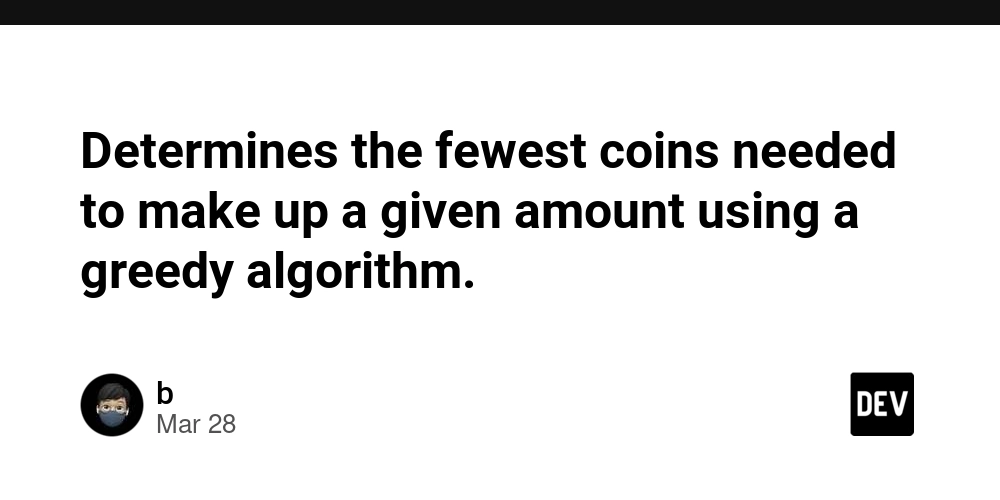












































































































































































![[The AI Show Episode 142]: ChatGPT’s New Image Generator, Studio Ghibli Craze and Backlash, Gemini 2.5, OpenAI Academy, 4o Updates, Vibe Marketing & xAI Acquires X](https://www.marketingaiinstitute.com/hubfs/ep%20142%20cover.png)














































































































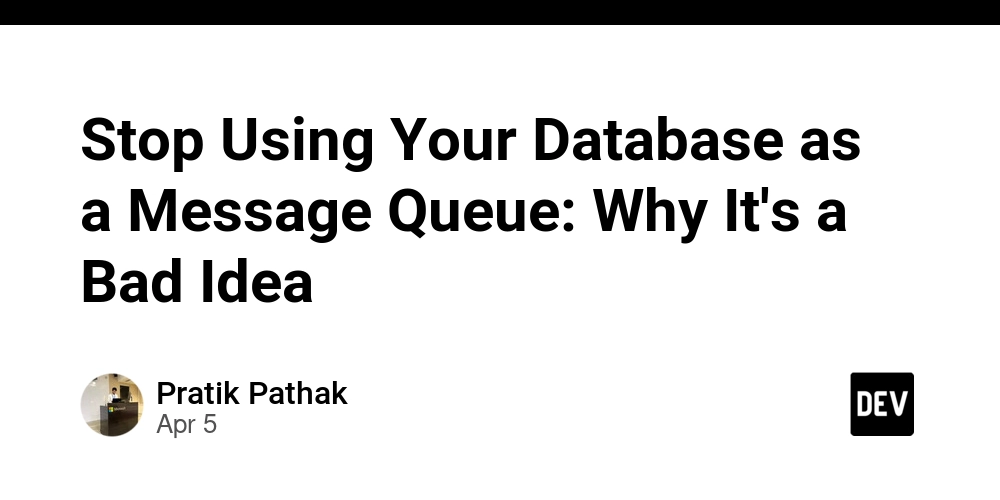
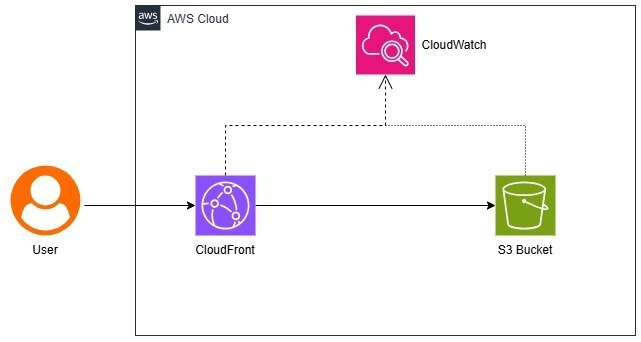
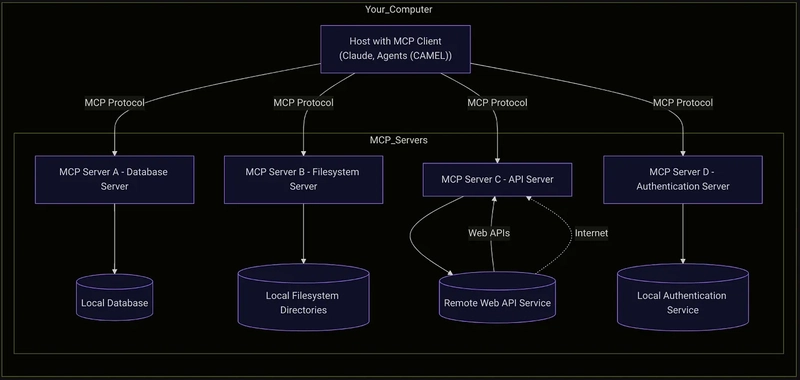










![[FREE EBOOKS] The Kubernetes Bible, The Ultimate Linux Shell Scripting Guide & Four More Best Selling Titles](https://www.javacodegeeks.com/wp-content/uploads/2012/12/jcg-logo.jpg)



![From drop-out to software architect with Jason Lengstorf [Podcast #167]](https://cdn.hashnode.com/res/hashnode/image/upload/v1743796461357/f3d19cd7-e6f5-4d7c-8bfc-eb974bc8da68.png?#)





































































































.png?#)





.jpg?#)


















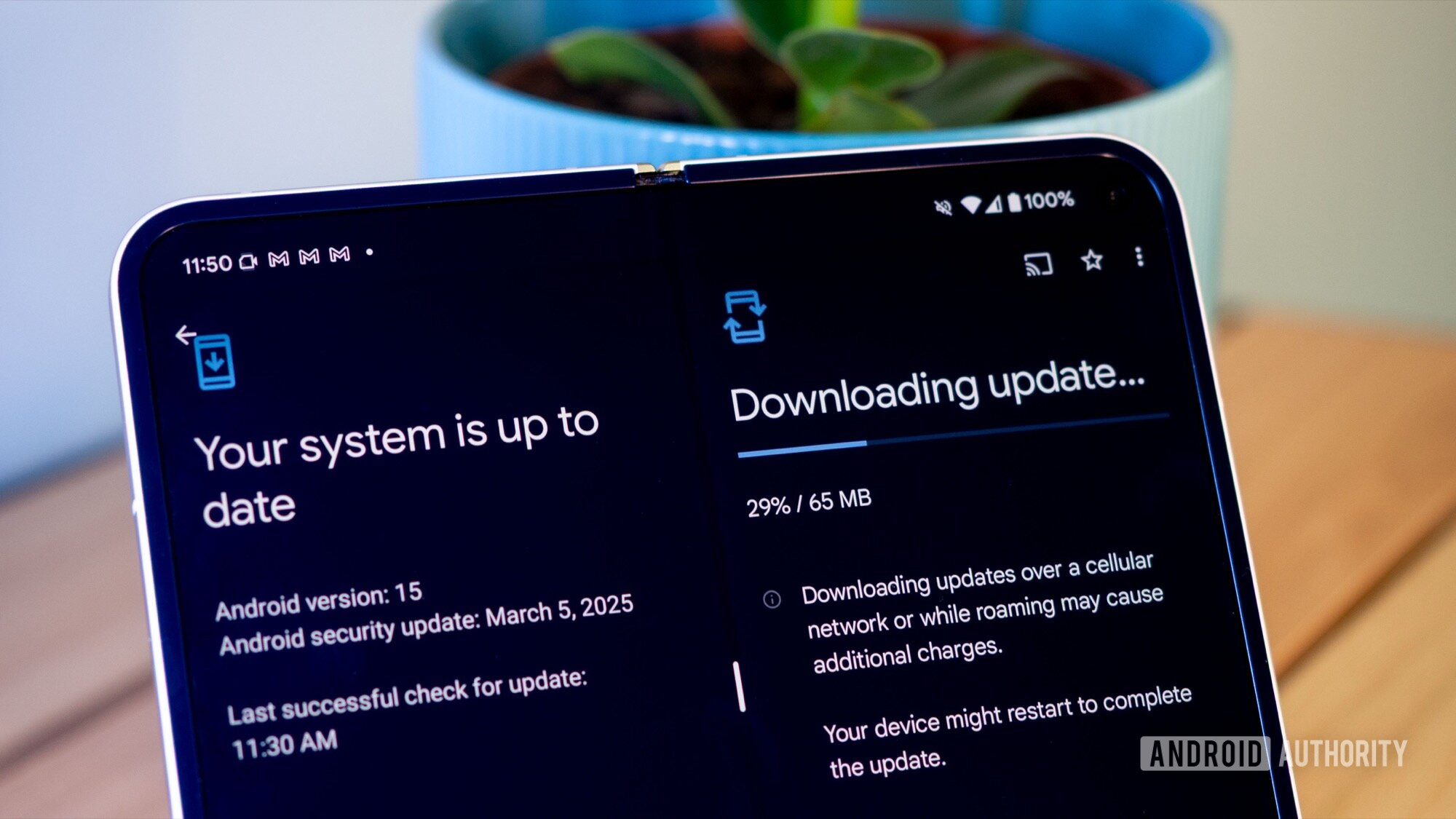












_Christophe_Coat_Alamy.jpg?#)






































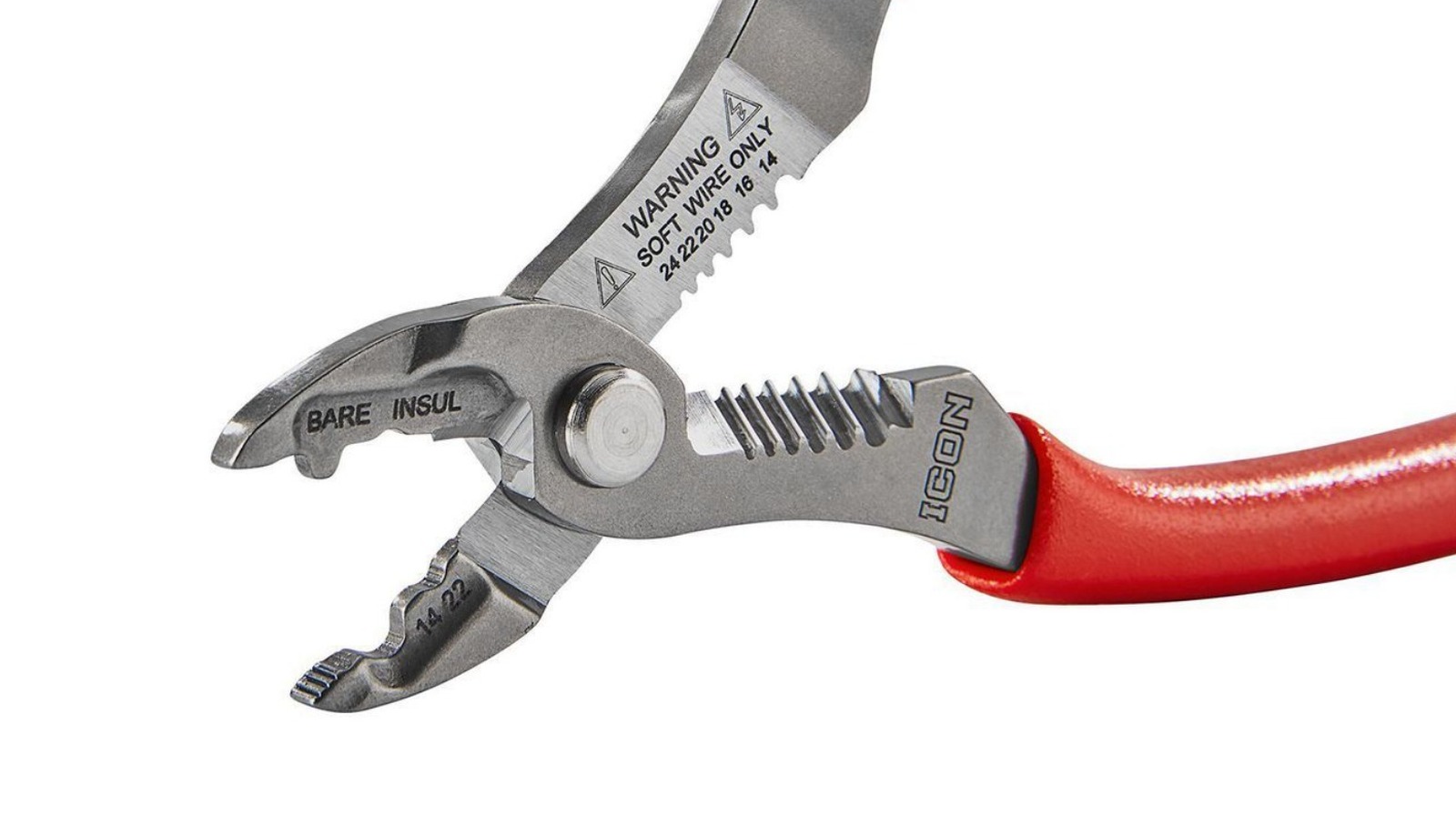













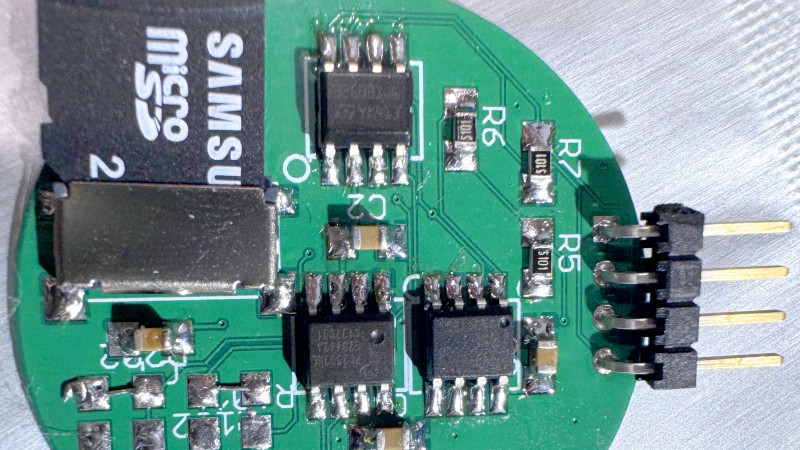

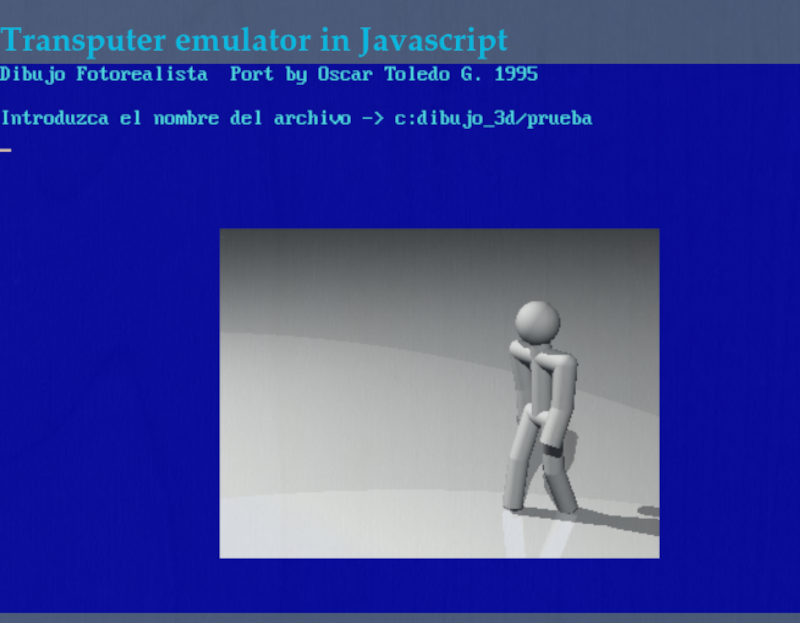
















































![Rapidus in Talks With Apple as It Accelerates Toward 2nm Chip Production [Report]](https://www.iclarified.com/images/news/96937/96937/96937-640.jpg)





































































































































